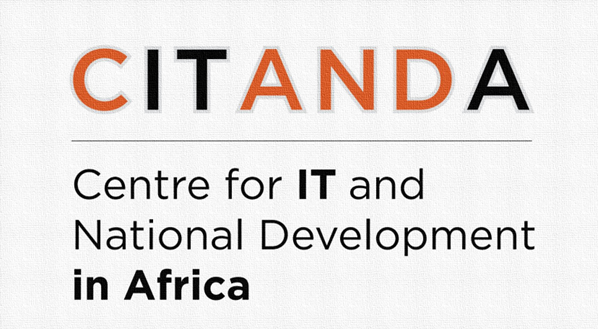Abstract
As organisations have become aware of the strategic importance of web sites, the trend to use web sites for various purposes has increased in domains such as education, health, government and business. However, organisations seeking to obtain benefits from their web sites need to create and maintain web sites that are supporting the interaction and communication of the organisation with their users. The purpose of the study was to investigate the information quality of a web site. A set of information quality indicators, including accuracy, timelines, easy understanding, organisation, consistent representation and easy navigation, were divided into four categories and evaluated in this study. For this purpose, an extensive study of the literature on existing quality evaluation models, essential web site success factors and criteria was made to identify necessary quality factors, sub factors and criteria. An evaluation framework consisting of five factors (Content, Usability, Reliability, Efficiency and Functionality), hierarchically arranged into sub quality factors and criteria was developed. The framework was applied on web sites to assess its effectiveness and at the same time to evaluate the quality of the web site. The results of evaluating a web site showed participants in general consider individual web sites to be of good quality, reliable and efficient, while having moderate quality in its content, usability and functionality features.


